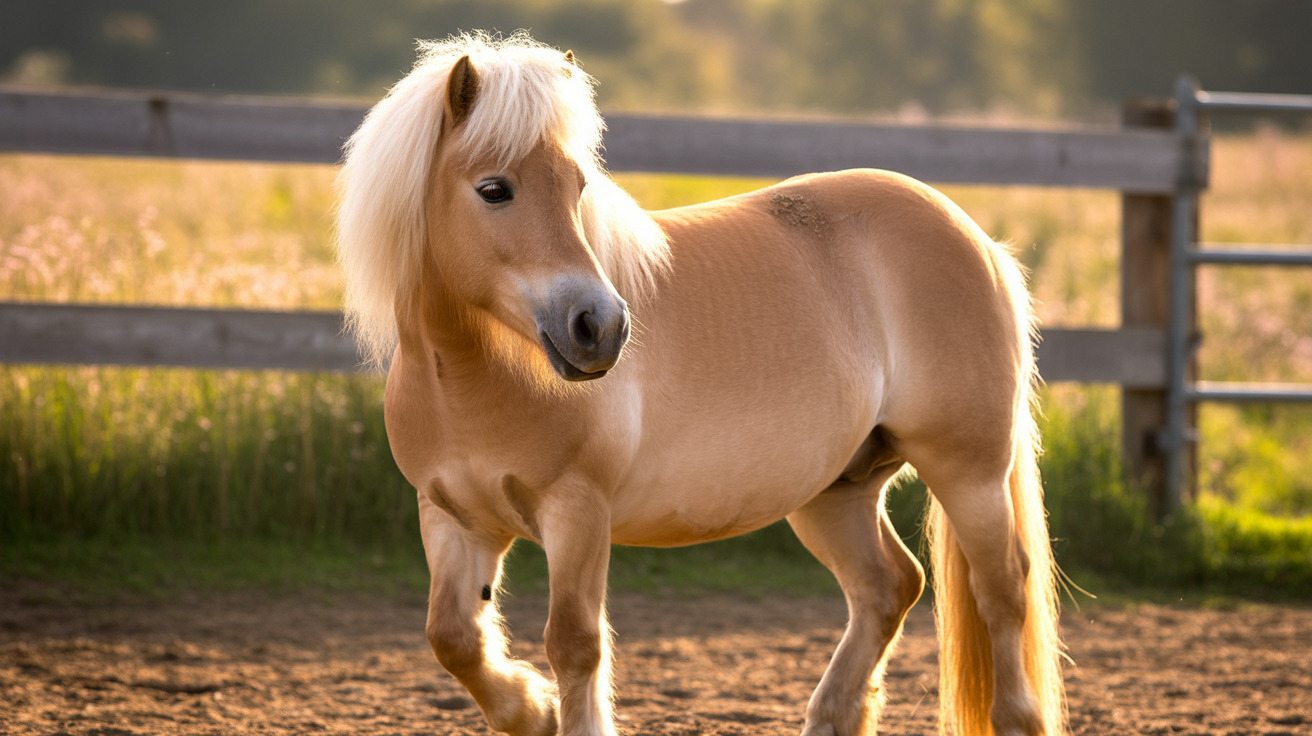Can Animals Have Down's Syndrome? Understanding the Genetic Differences
Down syndrome is a well-known genetic condition in humans, caused by the presence of an extra full or partial copy of chromosome 21. This additional genetic material impacts development and results in physical, cognitive, and sometimes health-related differences. But can animals have Down syndrome? This article explores the genetics behind the condition, reasons why it is human-specific, and animal conditions that exhibit similar signs.
Why Only Humans Have True Down Syndrome
Down syndrome, also known as trisomy 21 in humans, stems from a very specific chromosomal anomaly: three copies of human chromosome 21. Its effects include:
- Mild to moderate intellectual impairment
- Distinctive facial features
- Developmental delays
- Increased risk of health issues like heart defects
The primary reason animals cannot have Down syndrome is that their chromosome number and structure are fundamentally different. For example:
- Humans have 23 pairs of chromosomes (46 total).
- Dogs have 39 pairs of chromosomes (78 total).
Because chromosome 21 in humans does not exist in other animals in the same form or number, an exact equivalent of trisomy 21 is biologically impossible in non-human species.
Conditions in Dogs That Resemble Down Syndrome
Though dogs and other animals cannot biologically have Down syndrome, they may display congenital or developmental conditions with similar outward signs. In canines, these syndromes may manifest as facial abnormalities, growth delays, and cognitive deficits.
Here are some conditions in dogs that can mimic features of Down syndrome:
1. Congenital Hypothyroidism
This hormonal condition is marked by a lack of thyroid hormone in early life. Symptoms include:
- Slow growth
- Short stature
- Protruding tongue
- Delayed sensory development
- Poor muscle tone and skin issues
2. Pituitary Dwarfism
More common in breeds like the German Shepherd, this disorder results from low growth hormone production. It causes:
- Small body size
- Delayed growth and tooth eruption
- Puppy-like coat retention
- Skin pigmentation
- Infertility if untreated
3. Congenital Hydrocephalus
A buildup of fluid in the brain causes cranial pressure leading to:
- Domed skull
- Wide, downward-facing eyes
- Seizures and developmental delays
- Poor coordination and house training issues
4. Portosystemic Shunt (Liver Shunt)
An abnormal liver-blood vessel connection leads to unfiltered toxins, resulting in:
- Poor growth and weight gain
- Neurological symptoms like seizures
- Behavioral changes
- Digestive disturbances
5. Congenital Heart Defects
Dogs born with structural or functional heart issues may show signs such as:
- Fatigue and poor energy levels
- Developmental and growth delays
- Breathing difficulties or coughing
Other Rare Genetic Abnormalities in Dogs
Rare conditions involving chromosomal duplications or deletions can cause cognitive delays, muscle weakness, and unusual facial features in dogs, but these are not widely studied and differ genetically from human Down syndrome.
Signs That May Resemble ‘Down Syndrome’ in Dogs
Owners might suspect Down syndrome due to the following signs:
- Flattened or abnormal facial features
- Short, broad head
- Slanted or differently-shaped eyes
- Stunted growth and short limbs
- Delayed development and behavior changes
- Hearing, vision, or coordination issues
- Patchy fur or unusual skin texture
Diagnosis and Veterinary Evaluation
Unlike humans, dogs do not undergo routine chromosomal testing. Diagnosing such conditions typically involves:
- Blood work (hormone levels, organ function)
- Imaging tests (MRI, CT scans, ultrasounds)
- Behavioral assessment
- Genetic testing (on a case-by-case basis)
Treatment and Long-Term Management
Management of congenital or genetic conditions in dogs depends on the specific diagnosis:
- Hormonal therapy for deficiencies
- Surgery for structural issues like shunts or hydrocephalus
- Medication for seizures or heart conditions
- Supportive care—proper diet, safe environment, physical aids
While there is no cure, many dogs with developmental disorders can lead meaningful lives with veterinary guidance and loving care.
Prevention Through Responsible Breeding
Many congenital issues are hereditary. Responsible breeding practices can reduce the incidence of such conditions:
- Genetic testing before breeding
- Avoiding use of affected dogs in breeding programs
- Veterinary screening of puppies
Conclusion
In summary,
Down syndrome is unique to humans because of our specific chromosomal structure. Although animals do not develop this exact syndrome, they may suffer from other congenital or genetic disorders that mirror some of its clinical signs. If pet owners notice anything unusual in their dog's development or behavior, it is crucial to consult a veterinarian early for proper diagnosis and care planning. With the right support, many affected dogs can live happy and comfortable lives.





